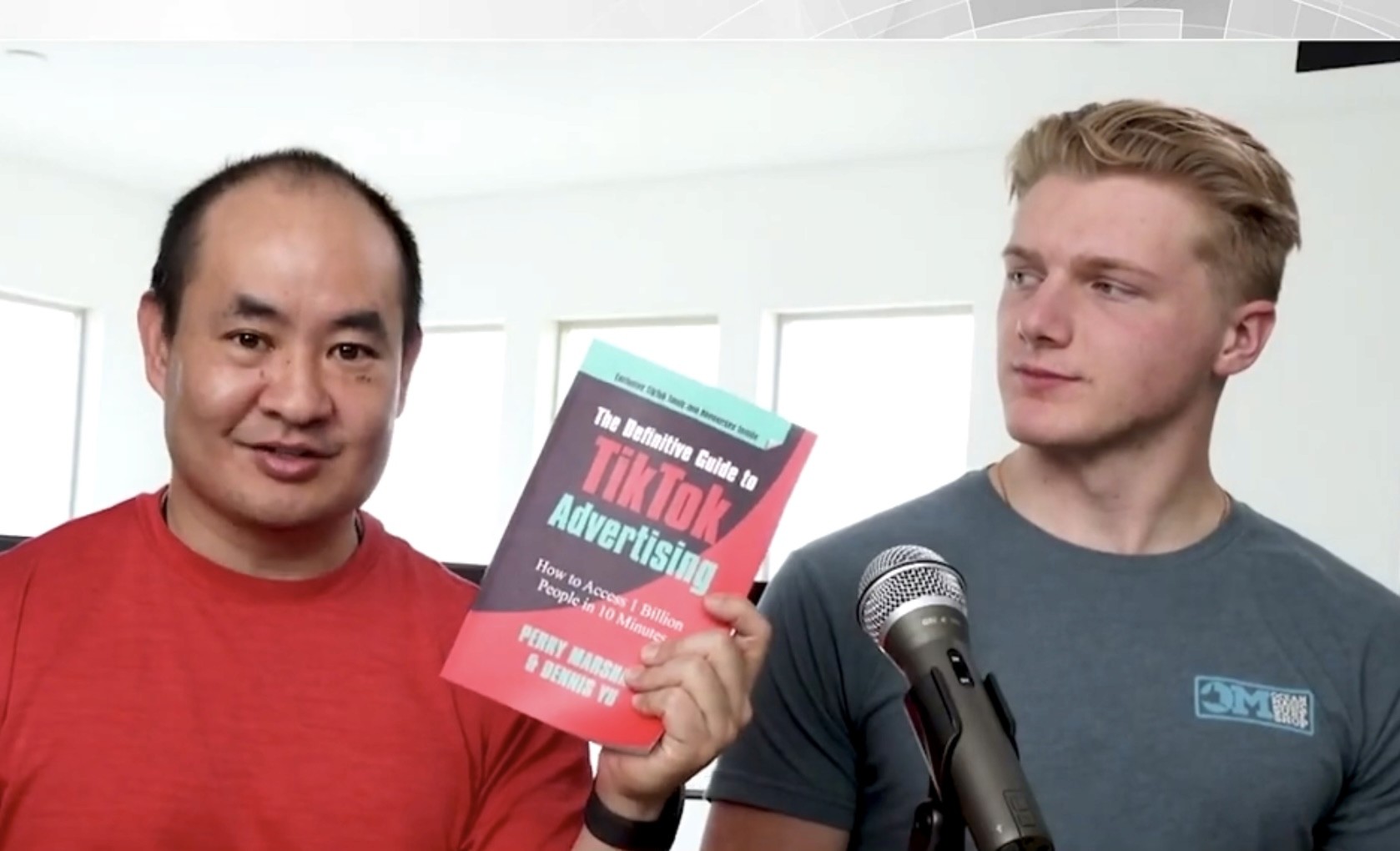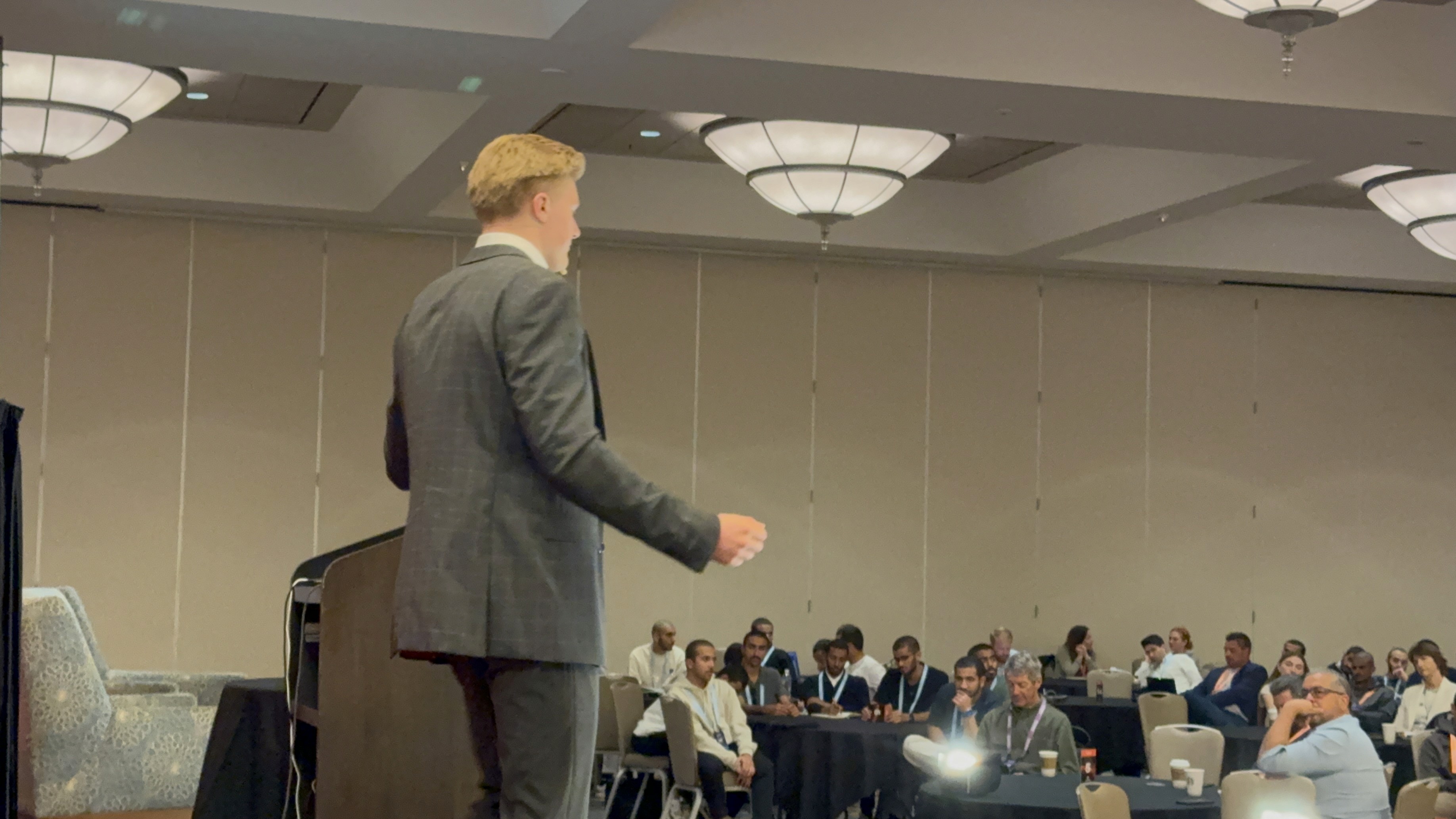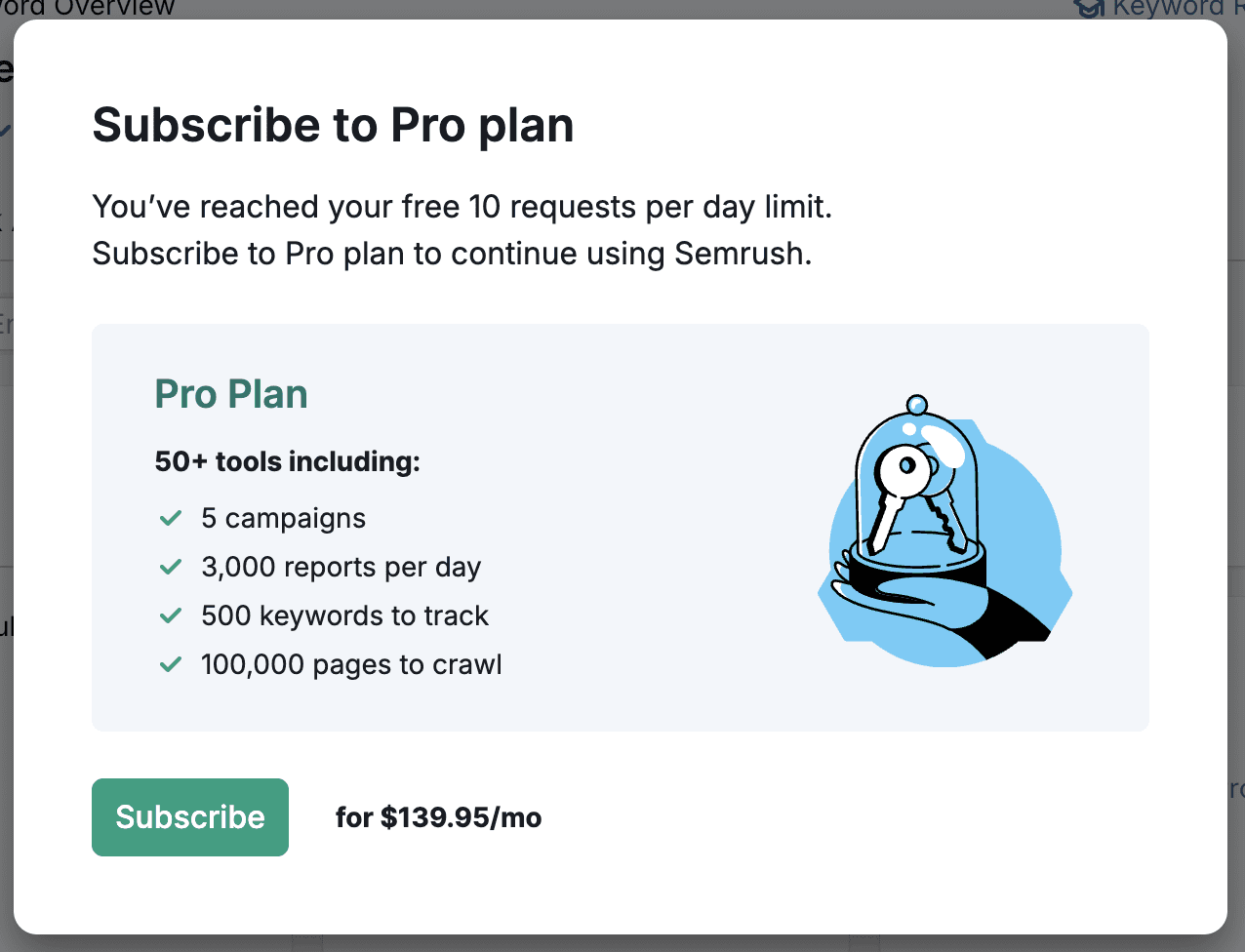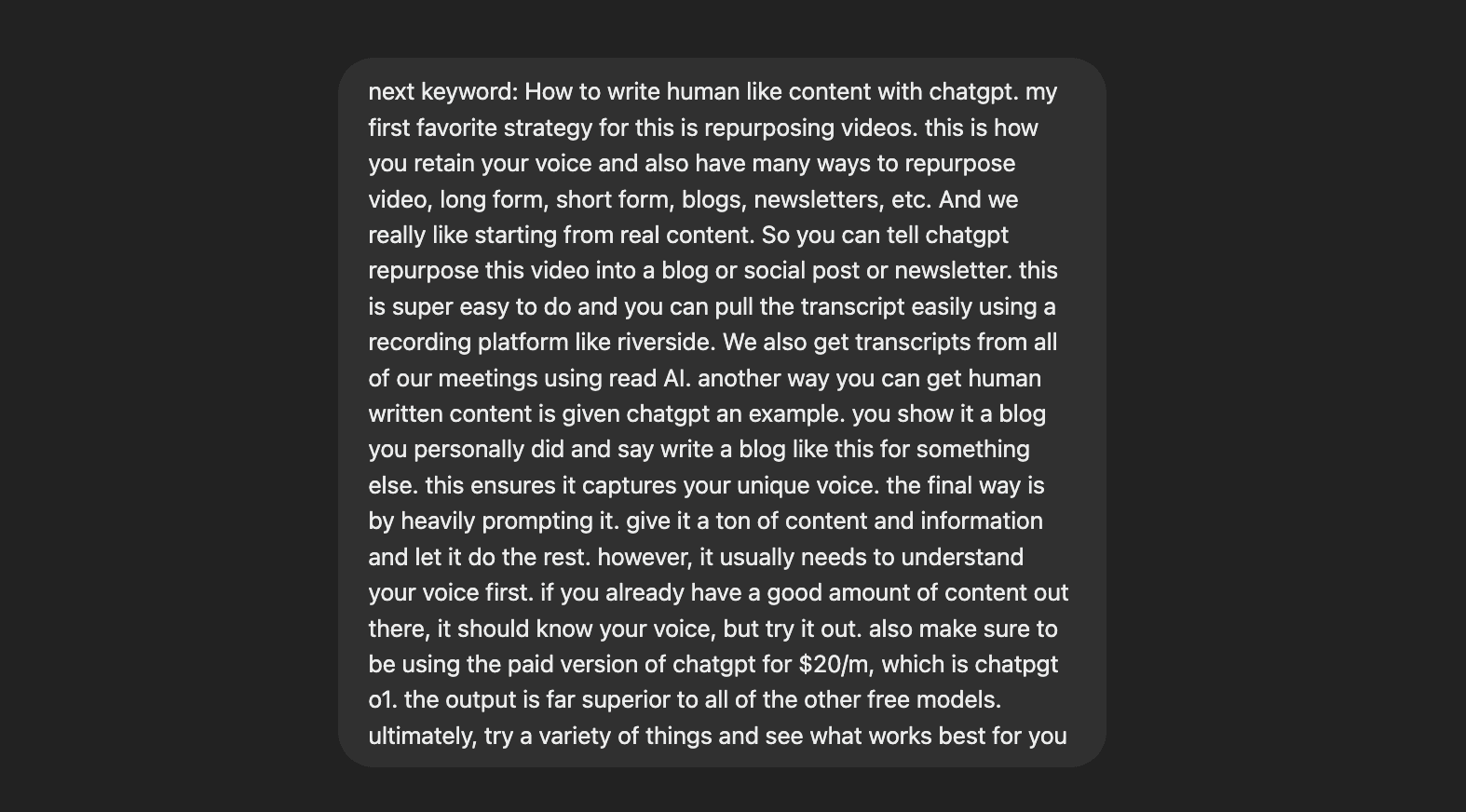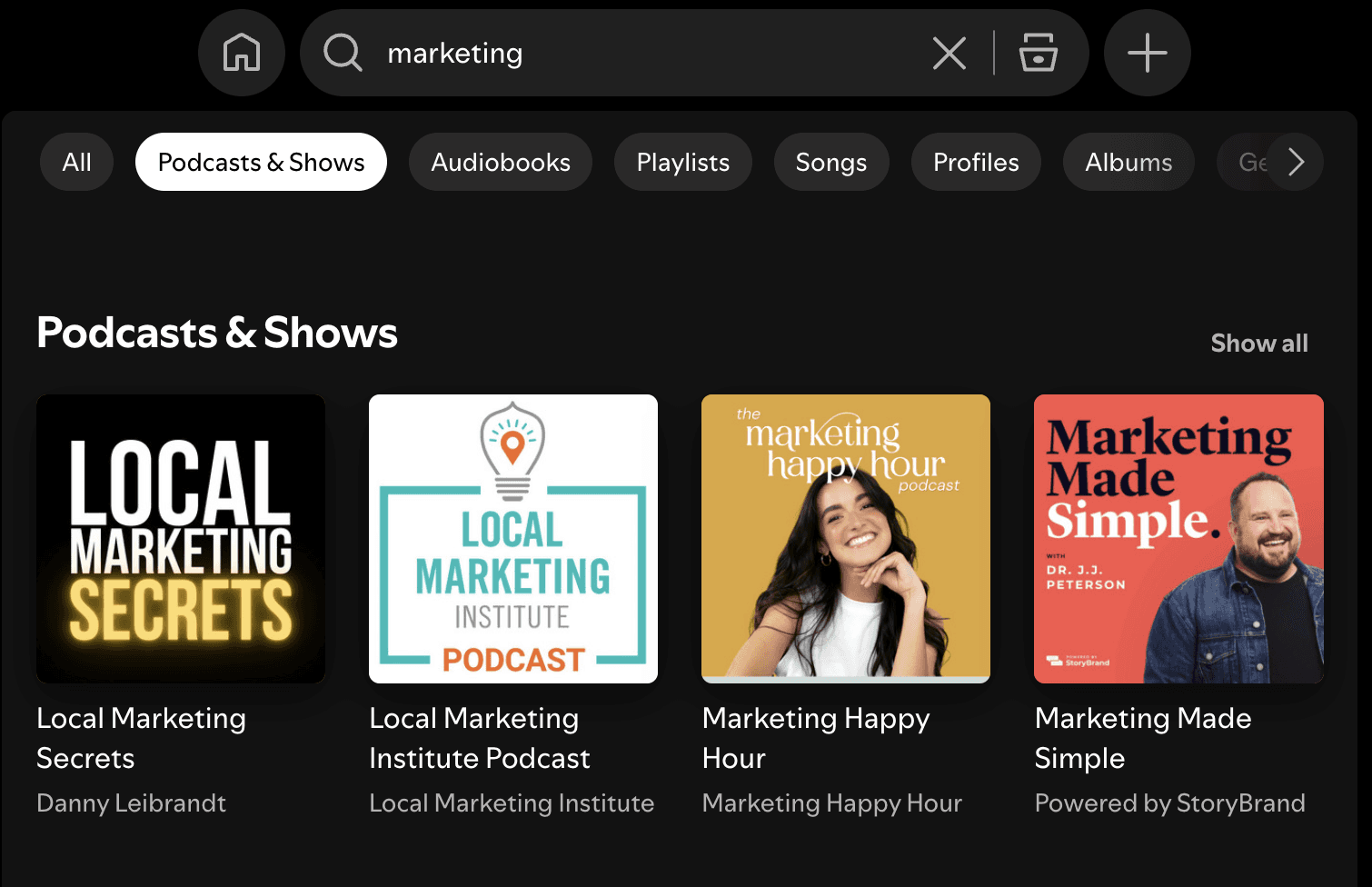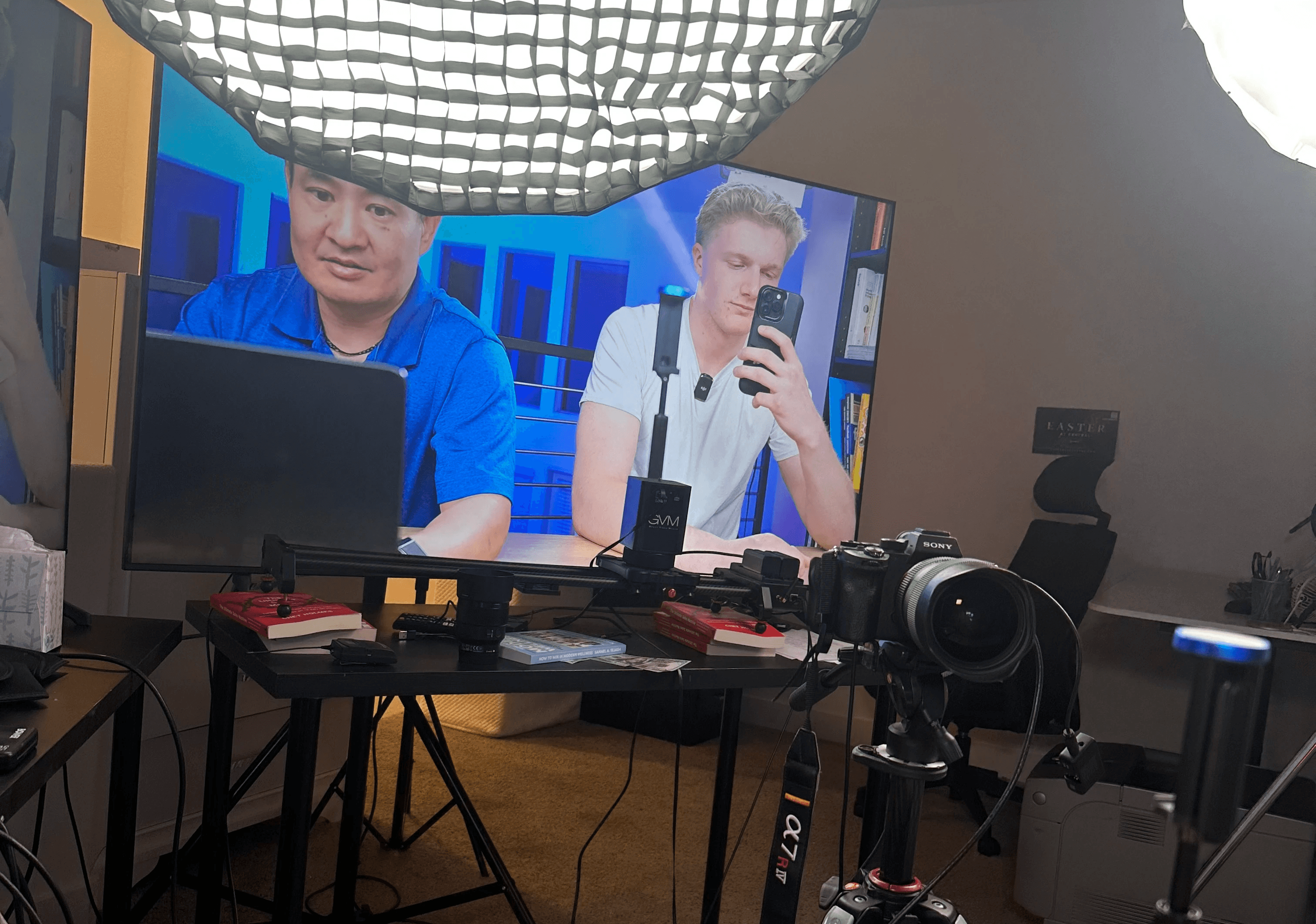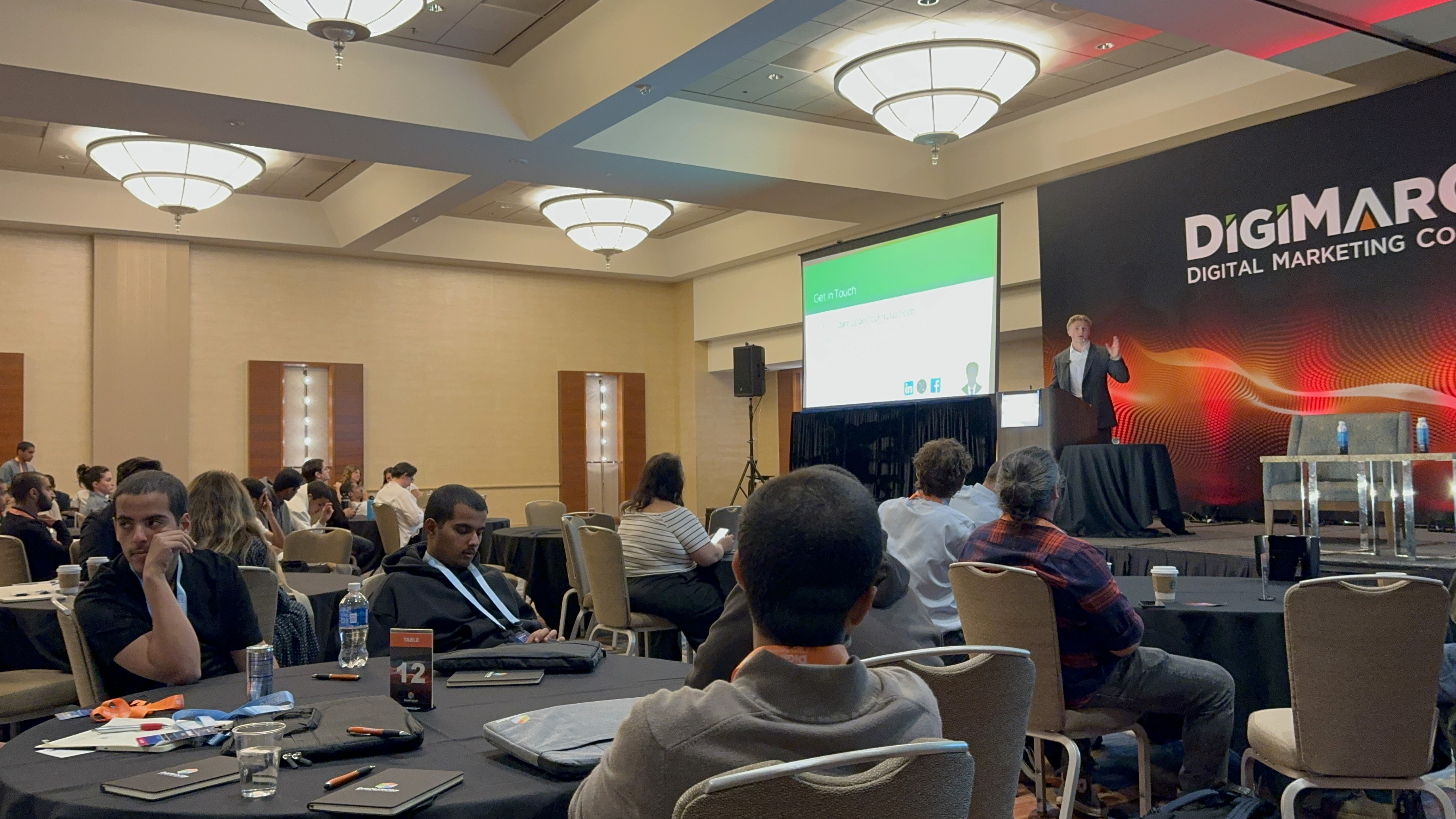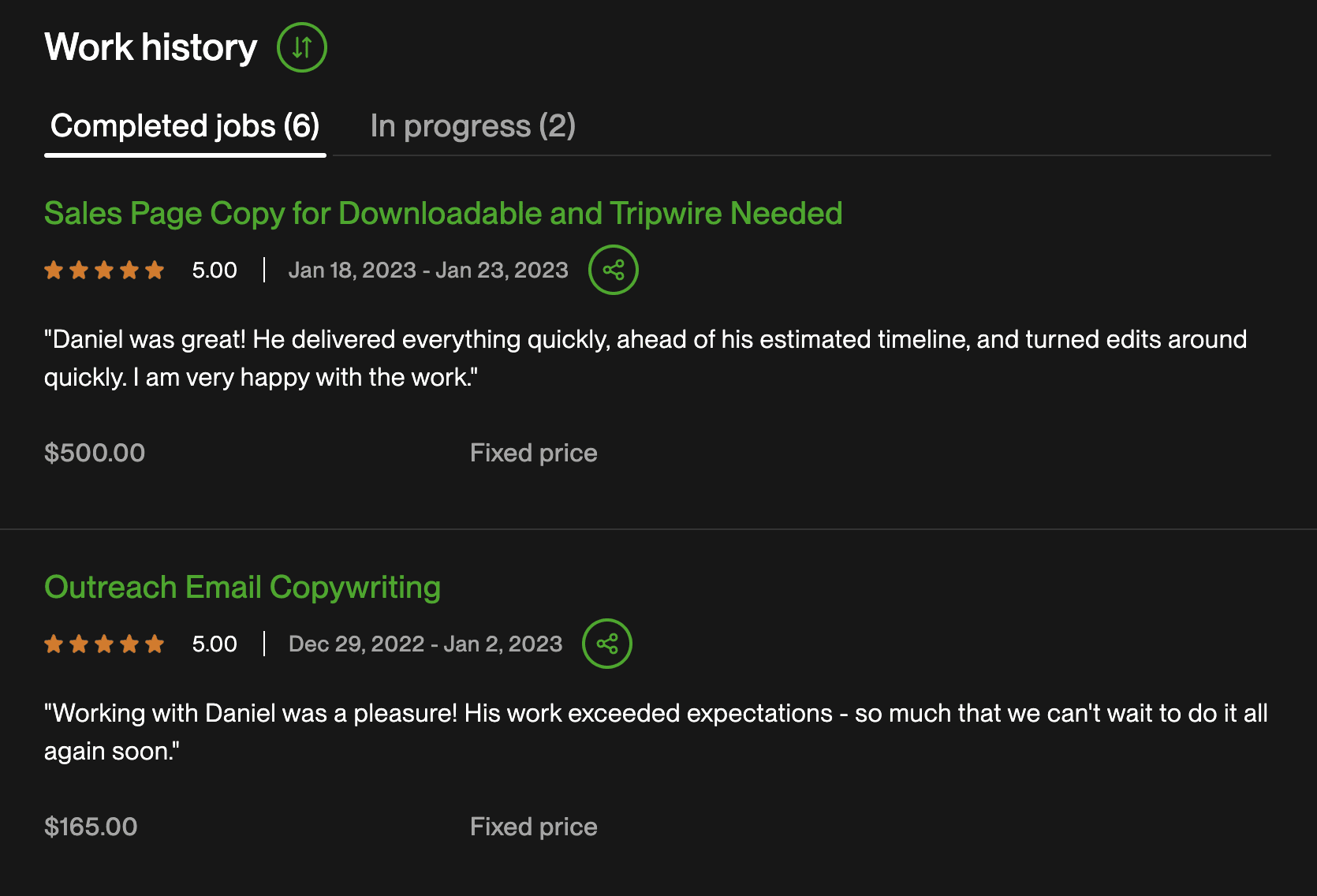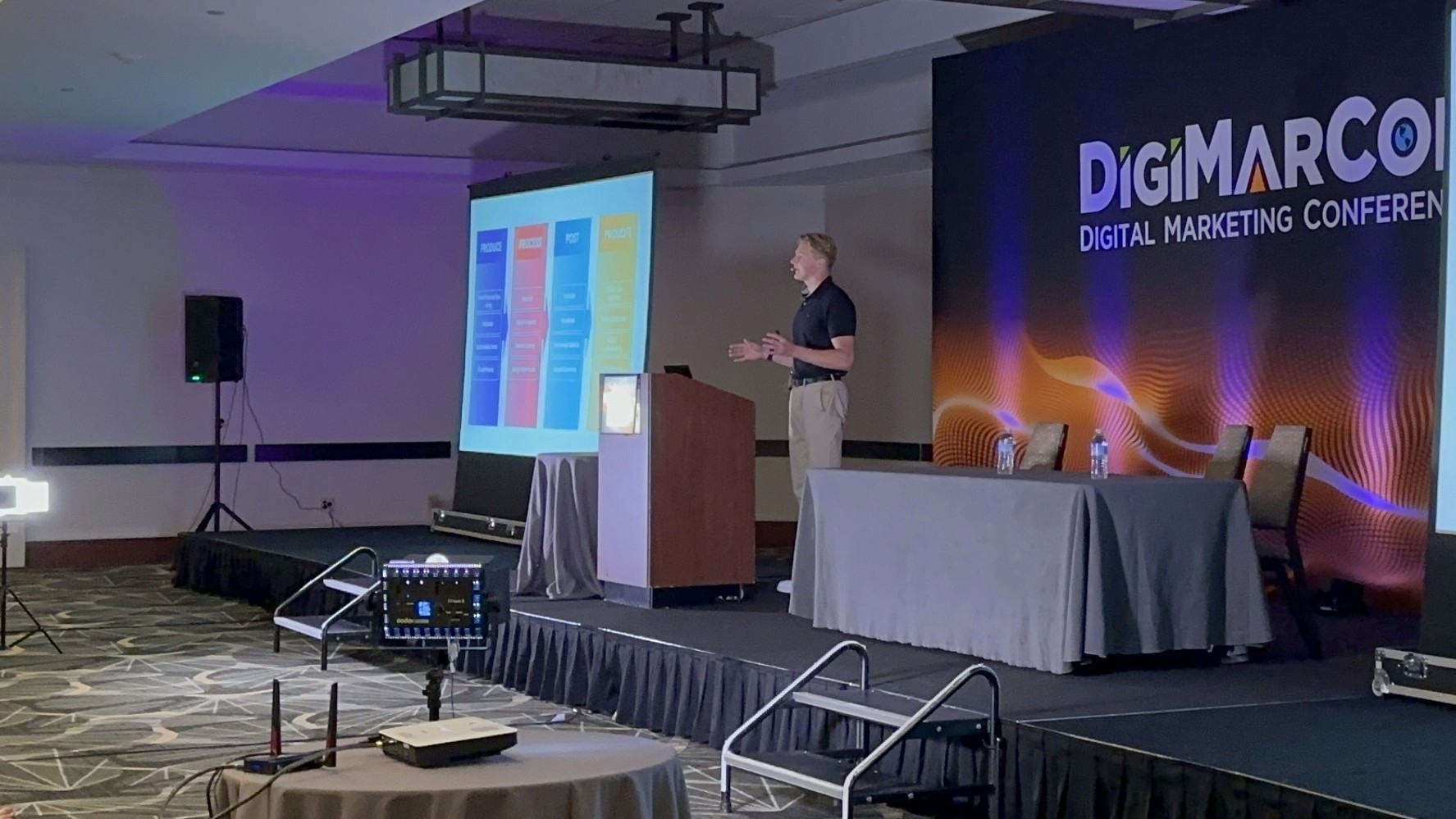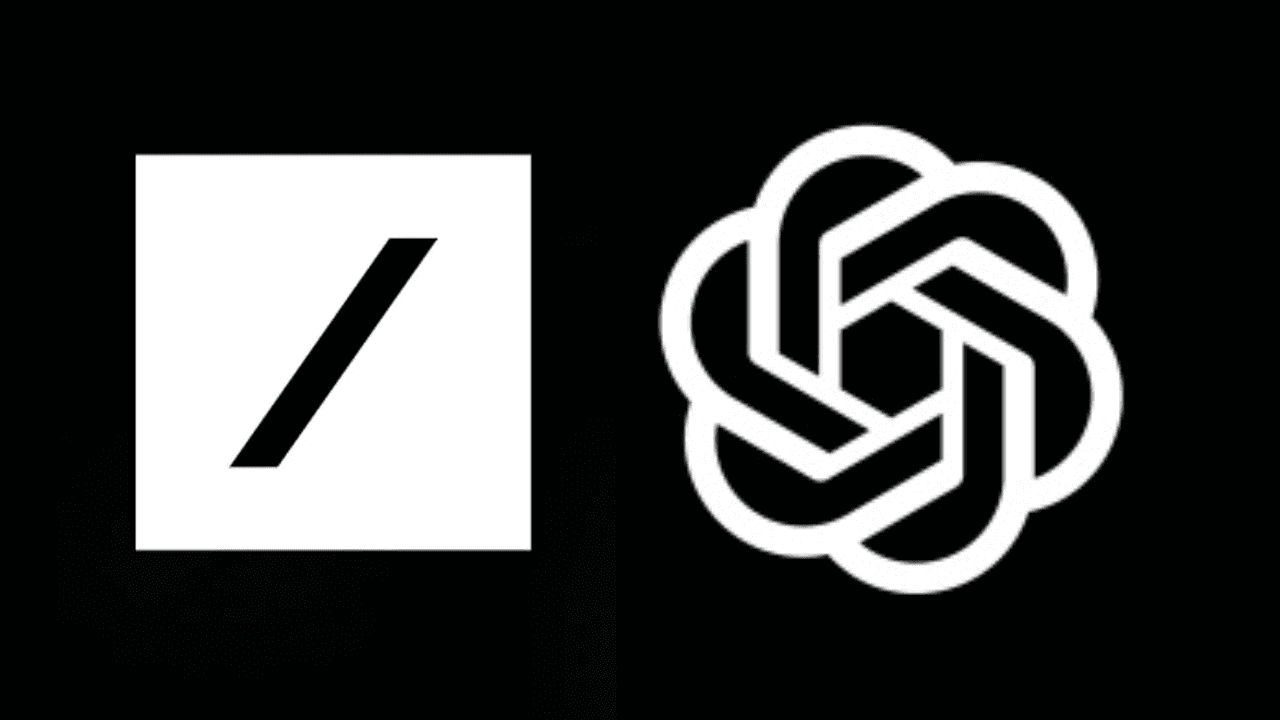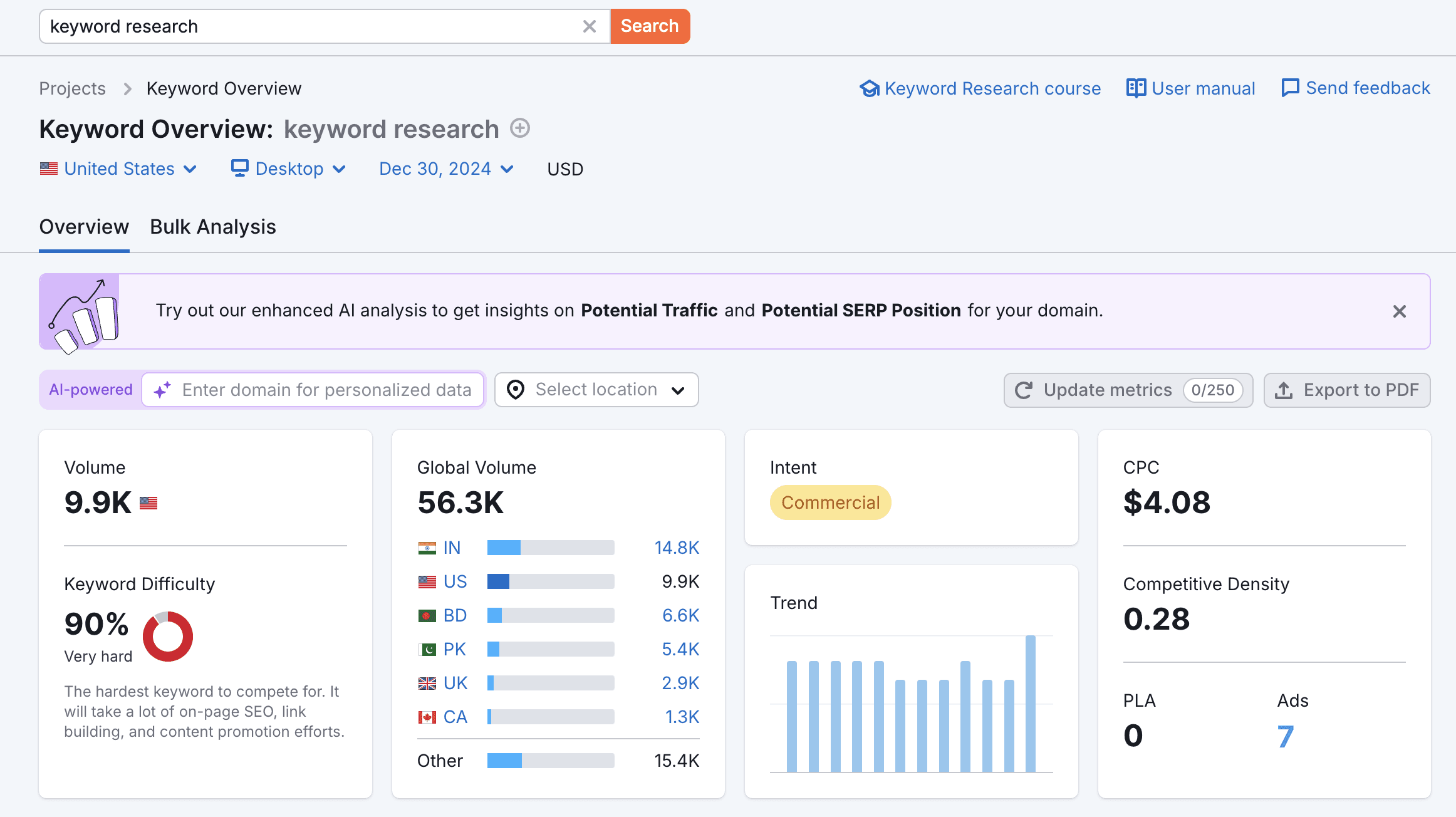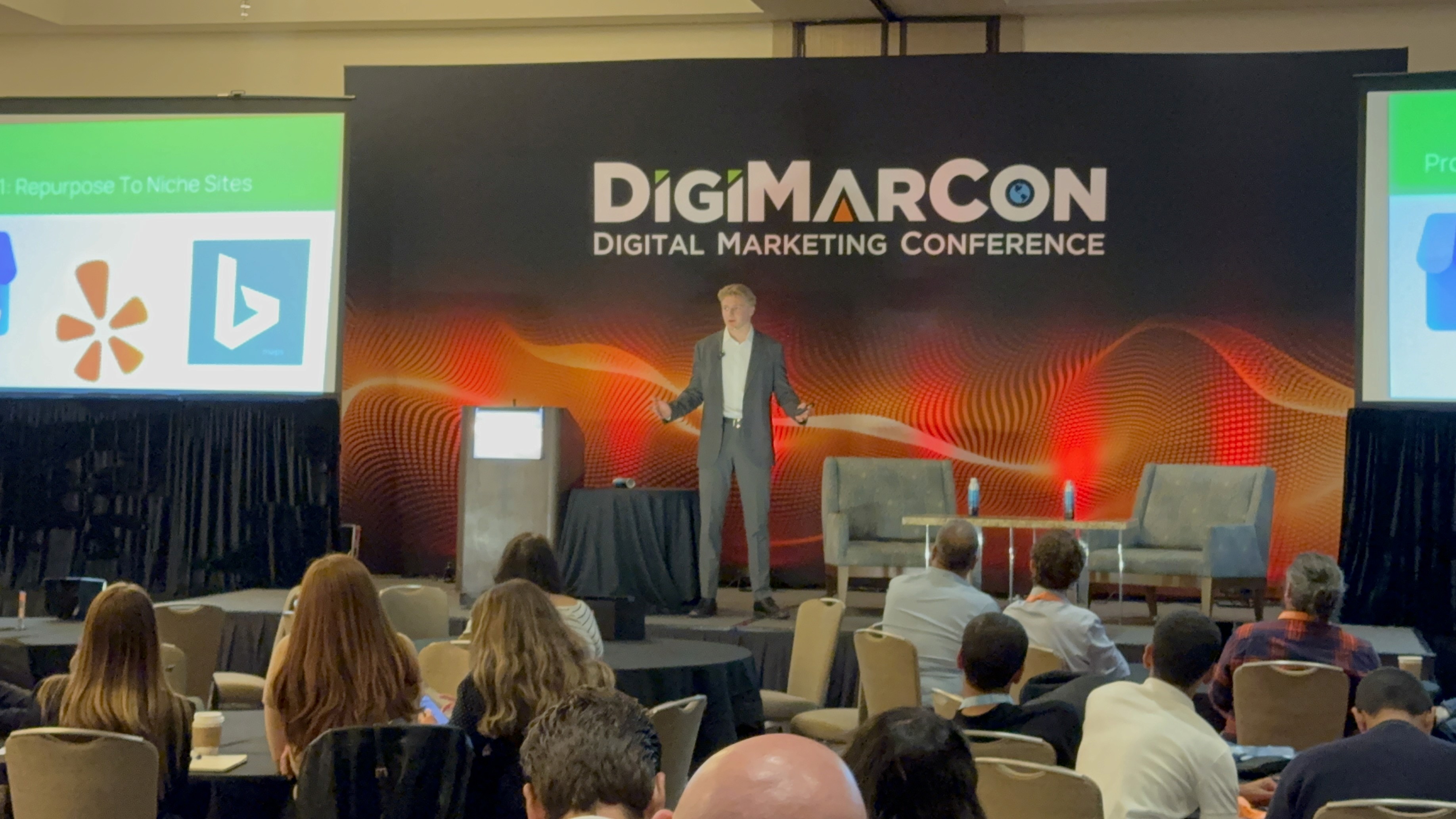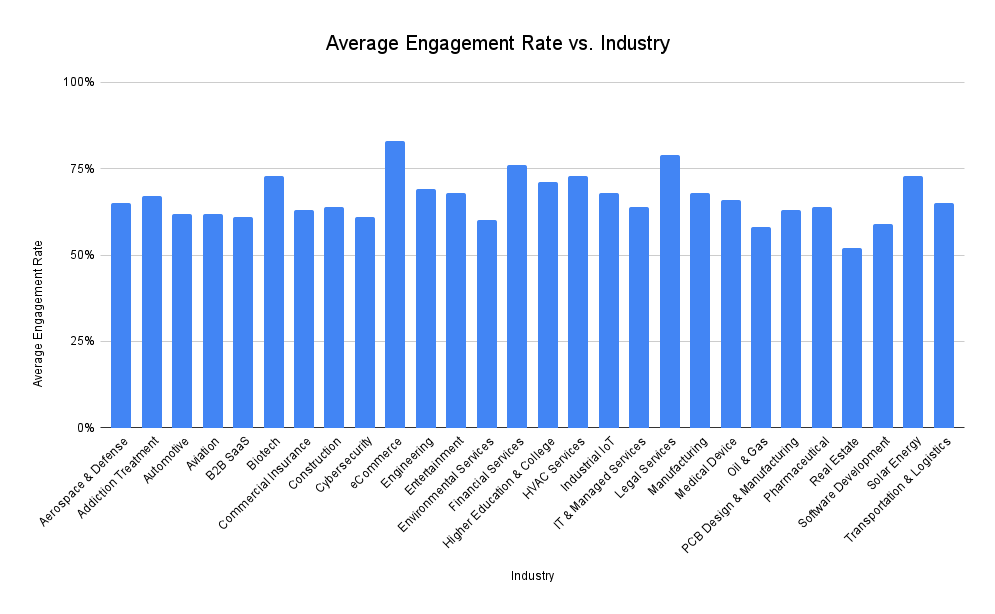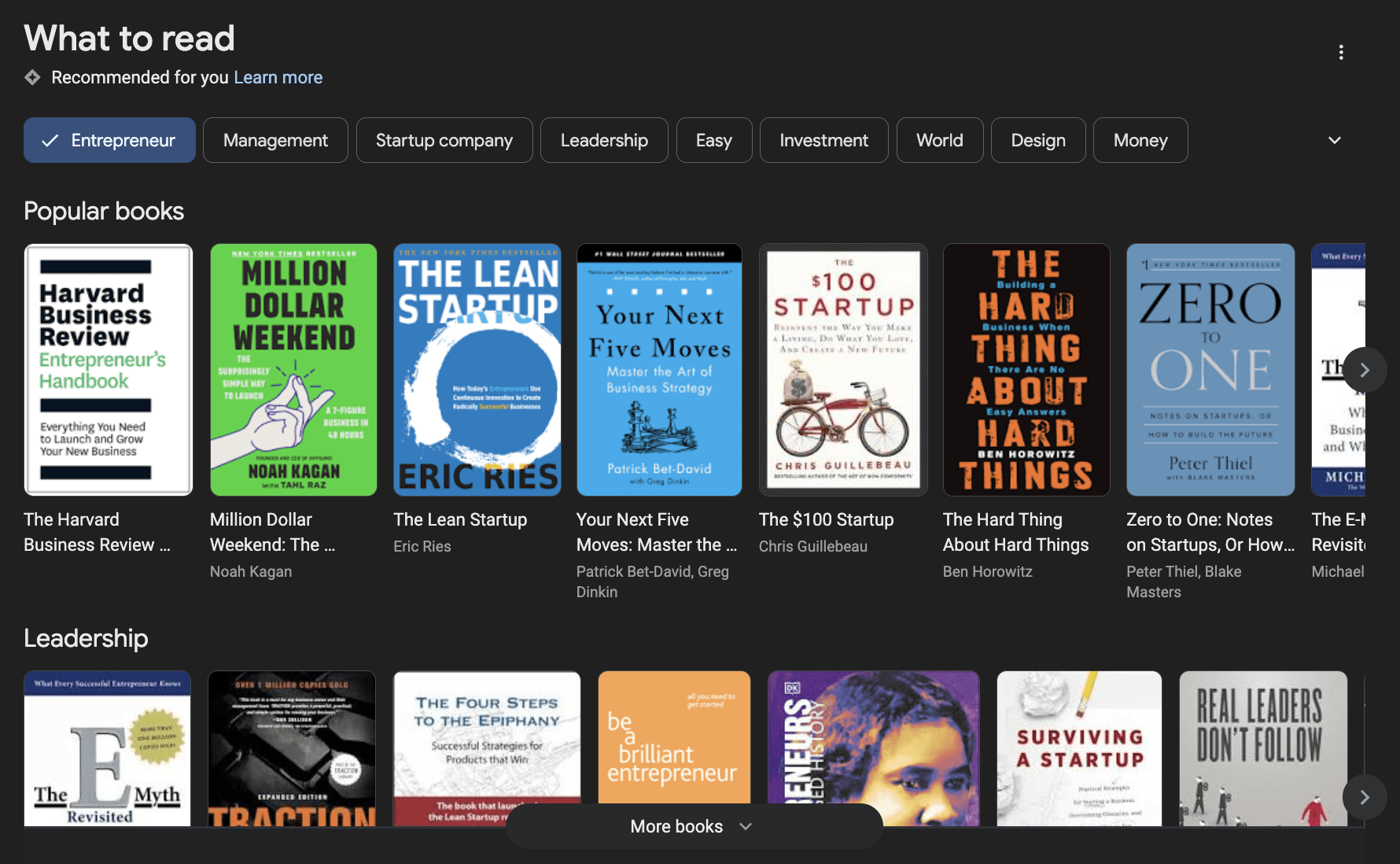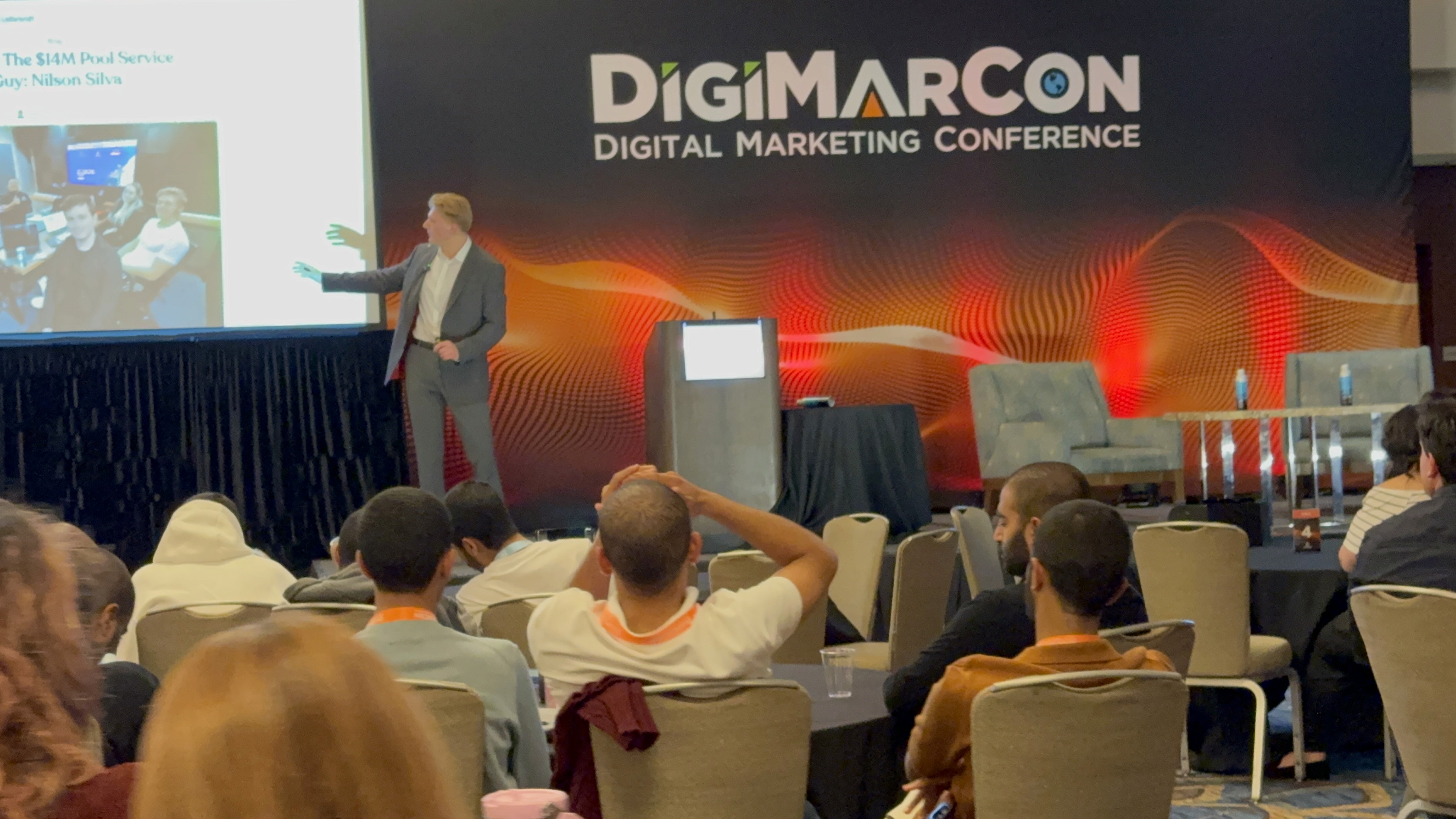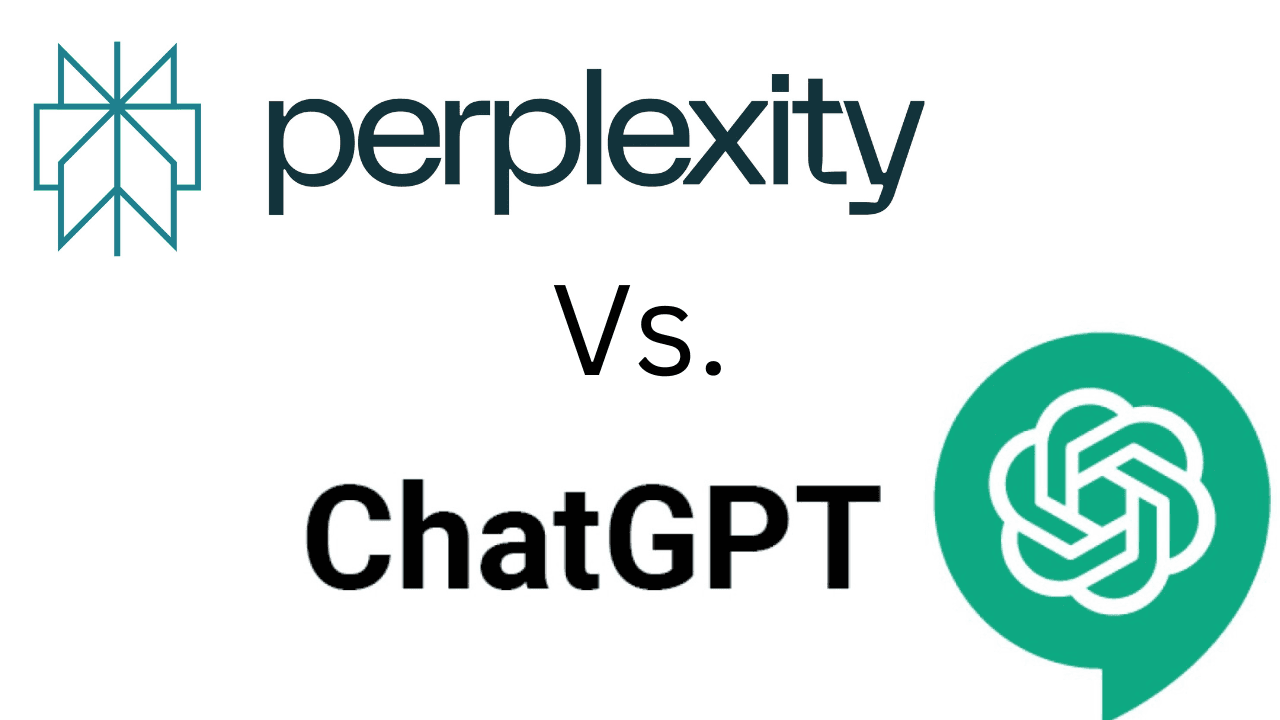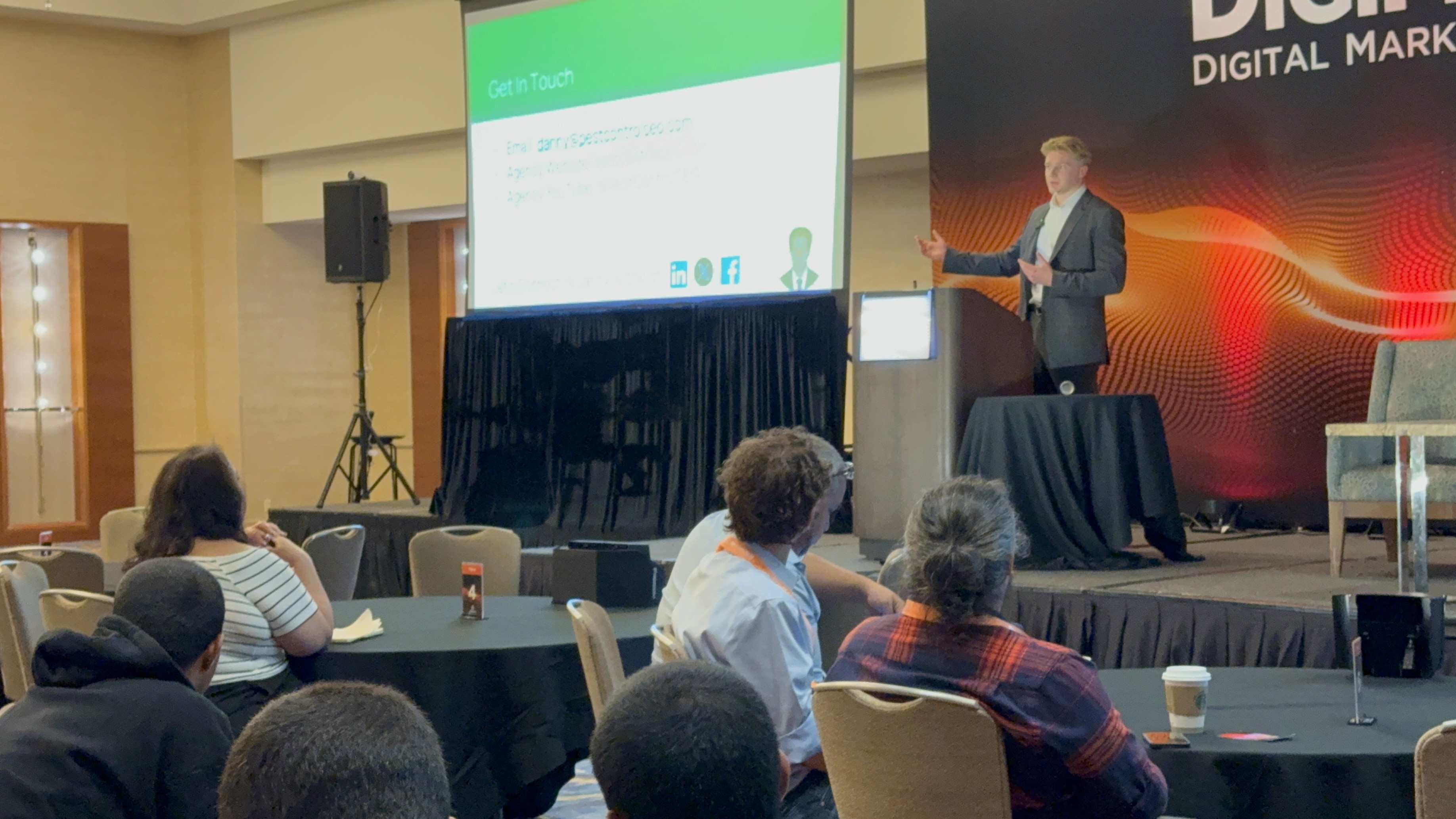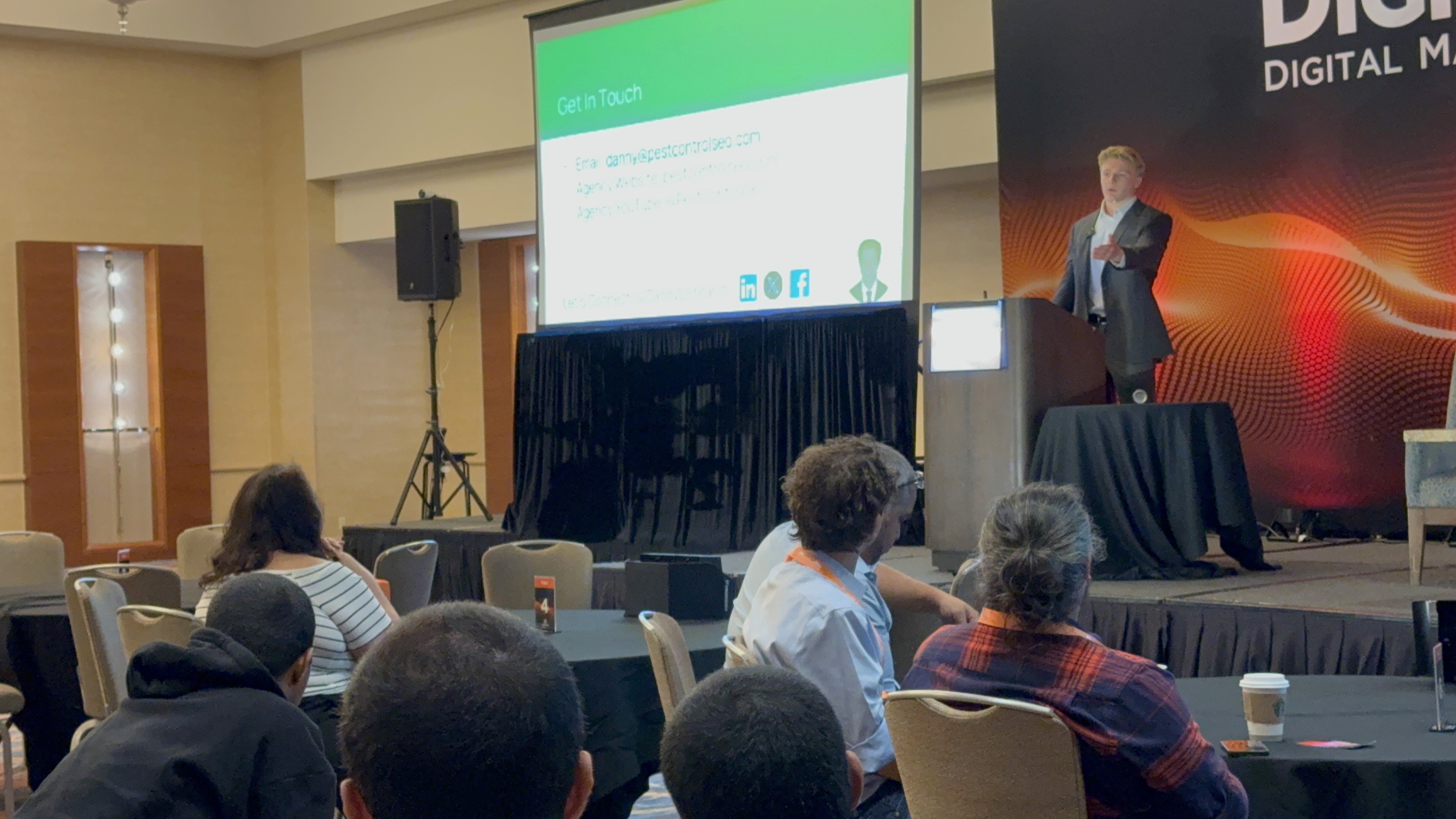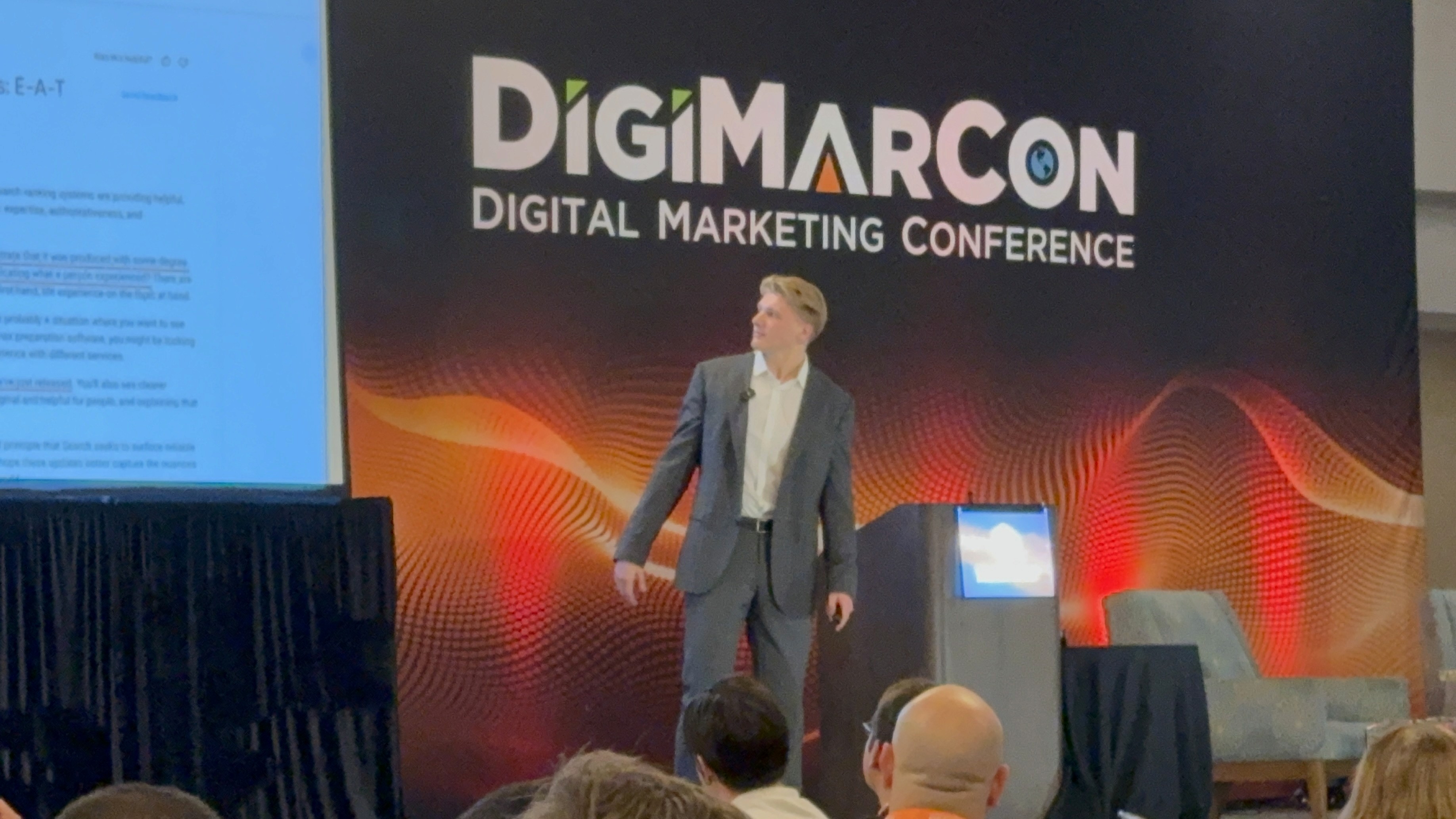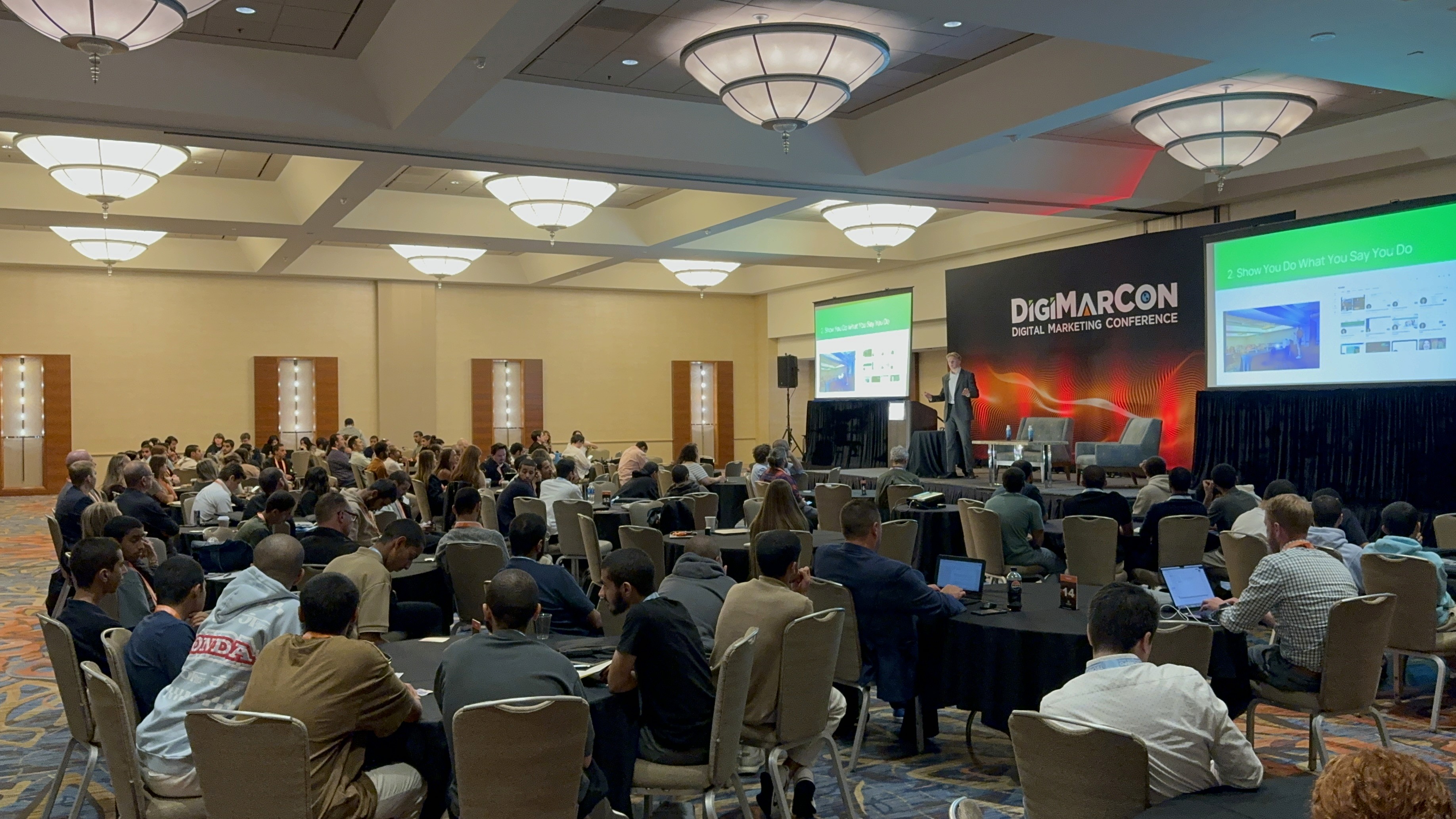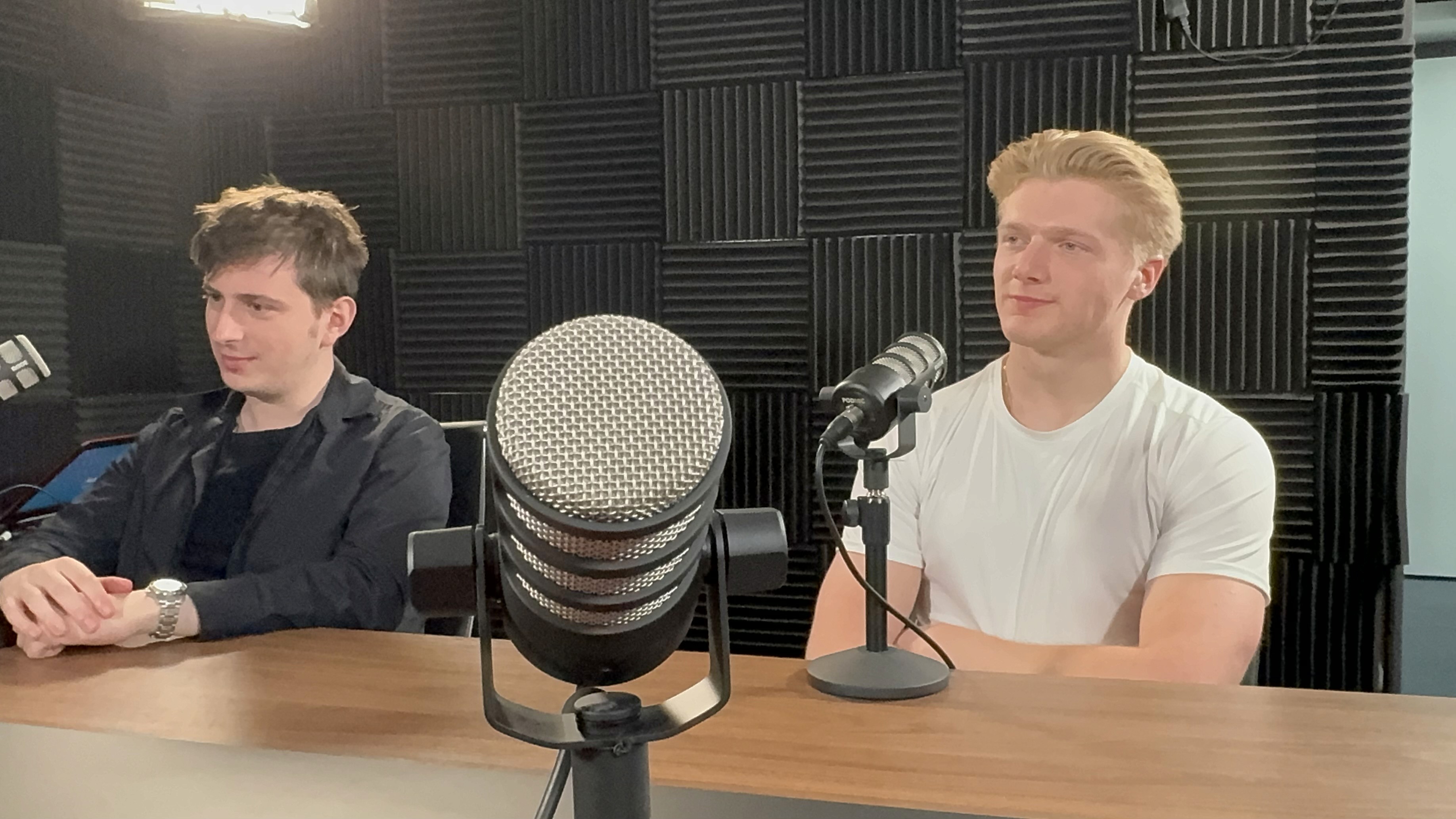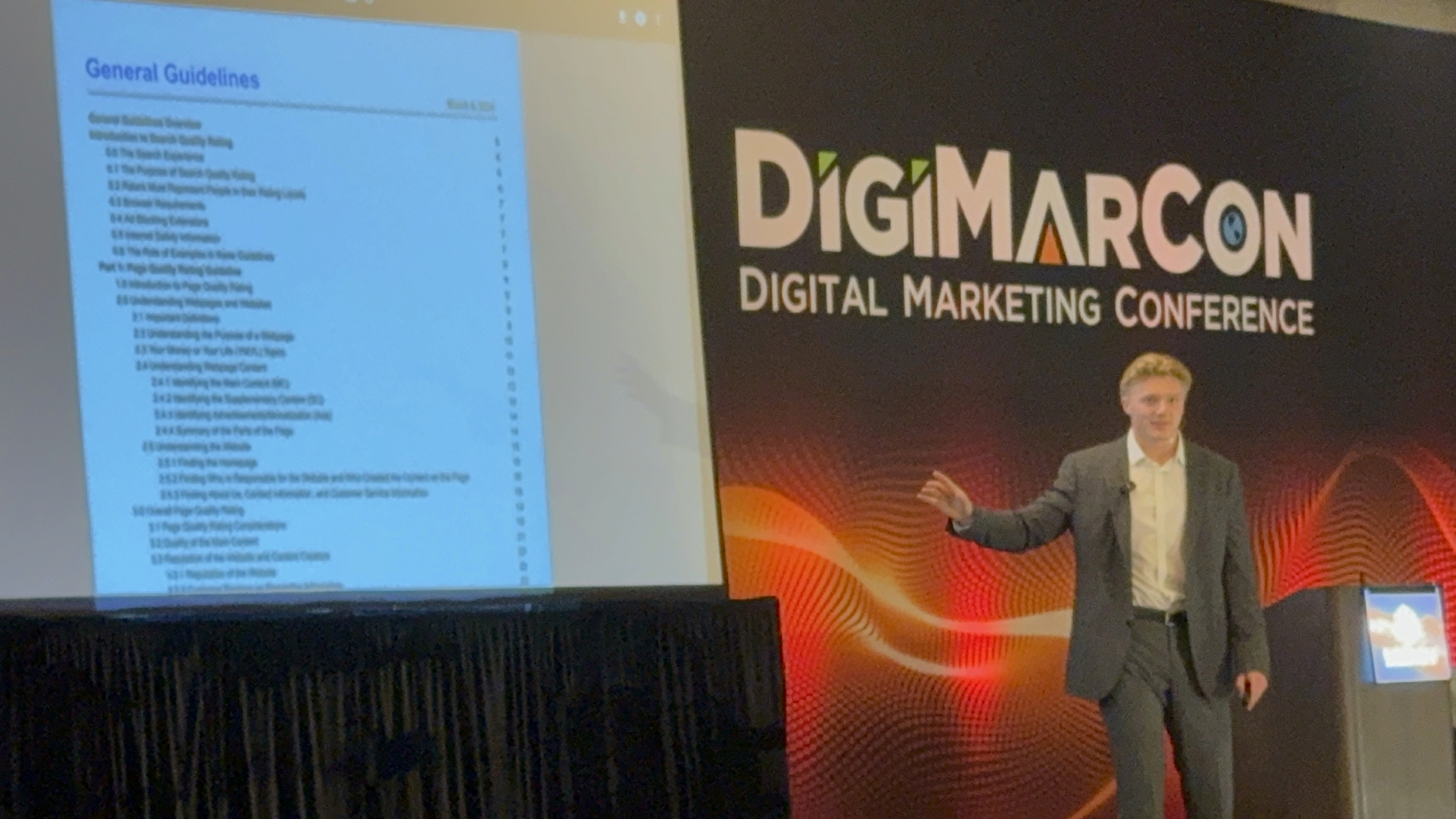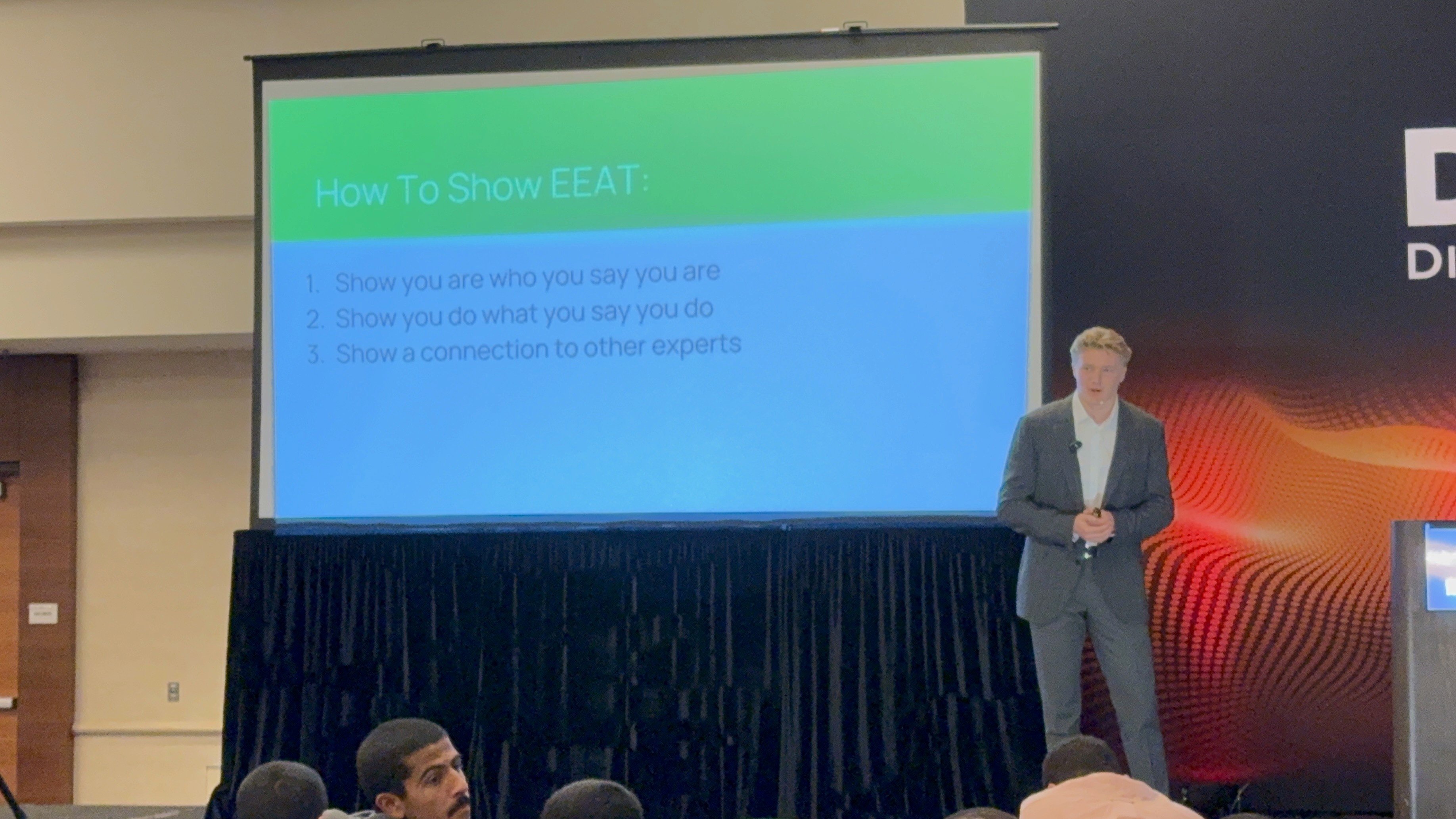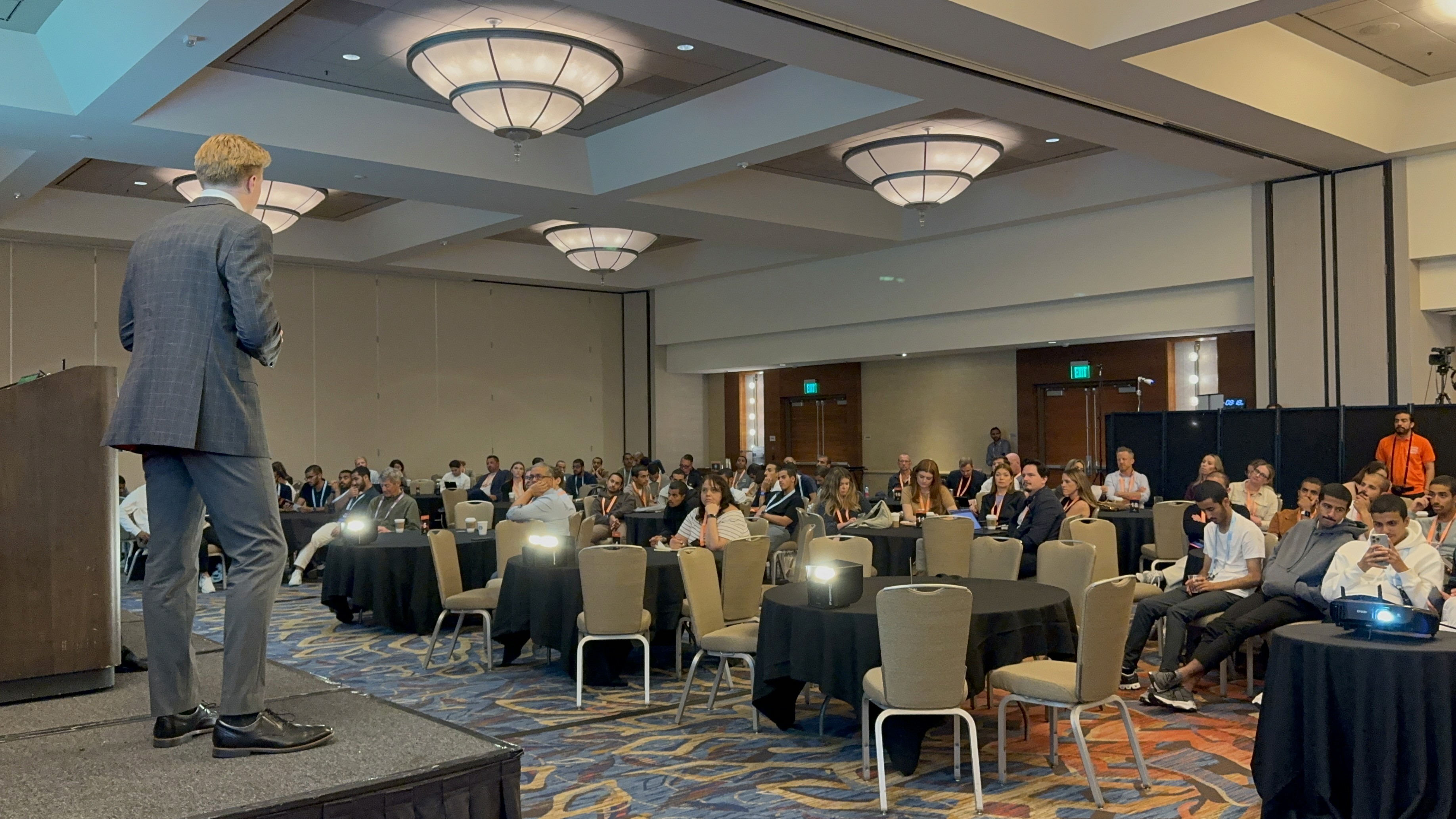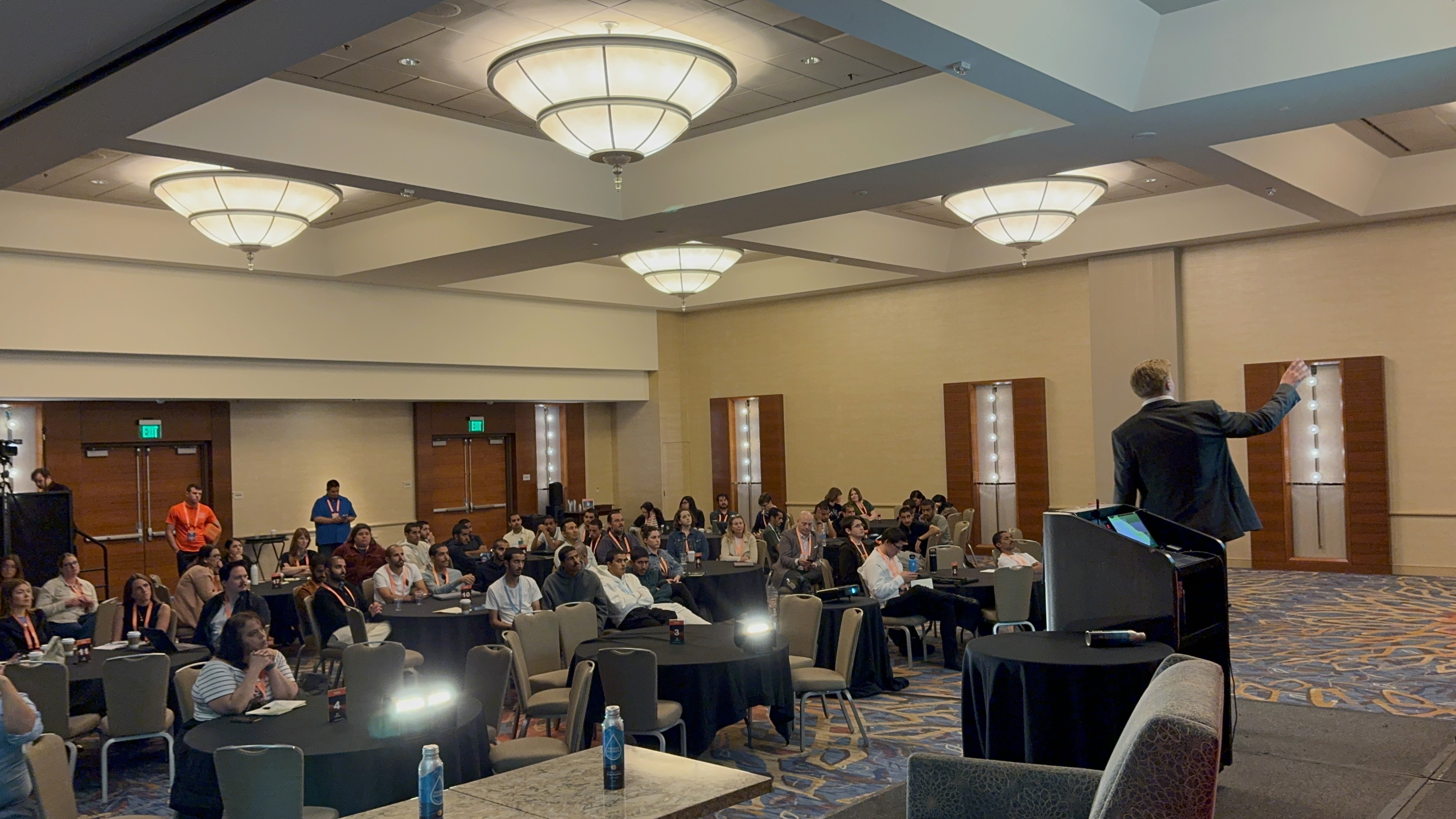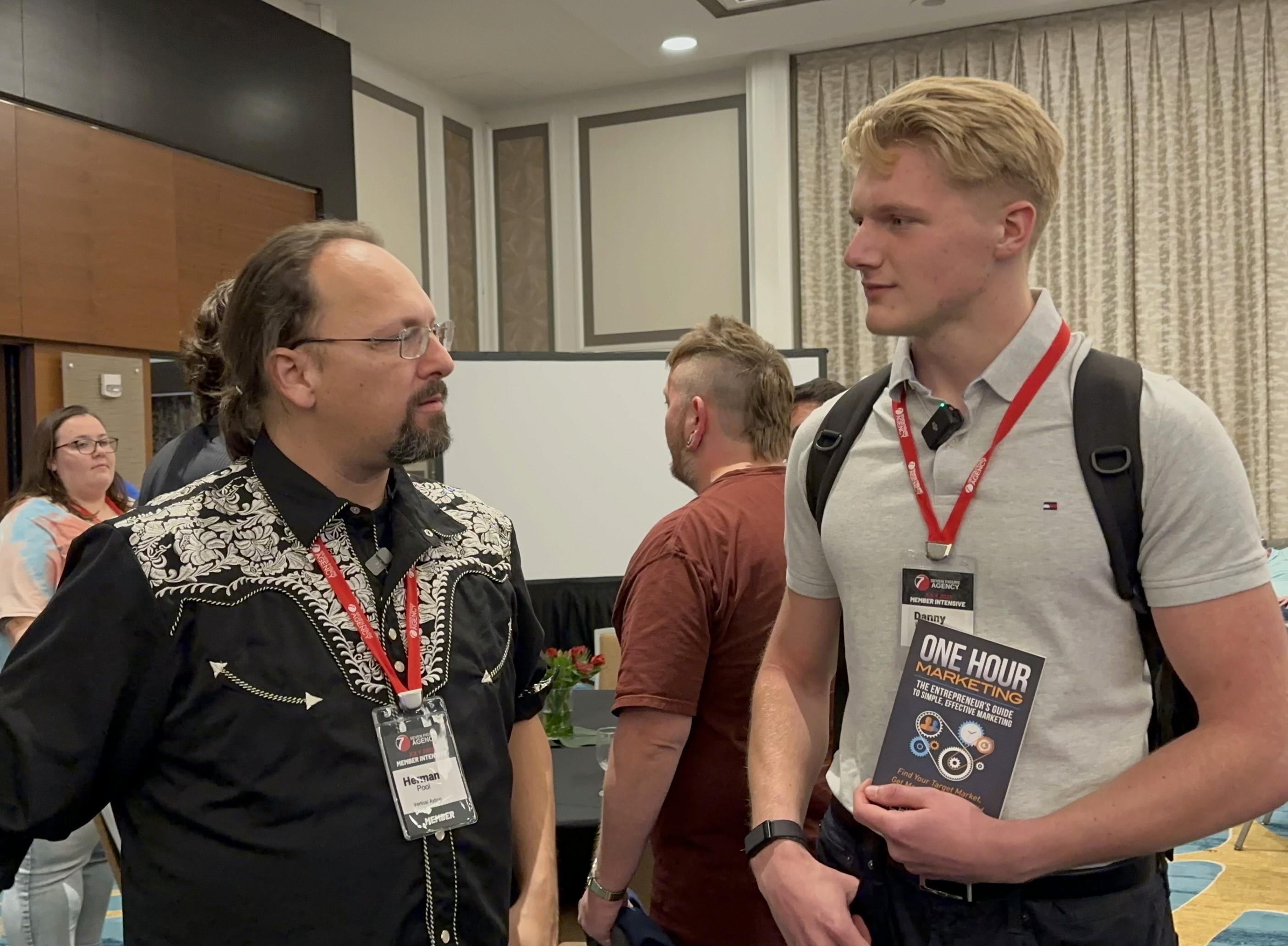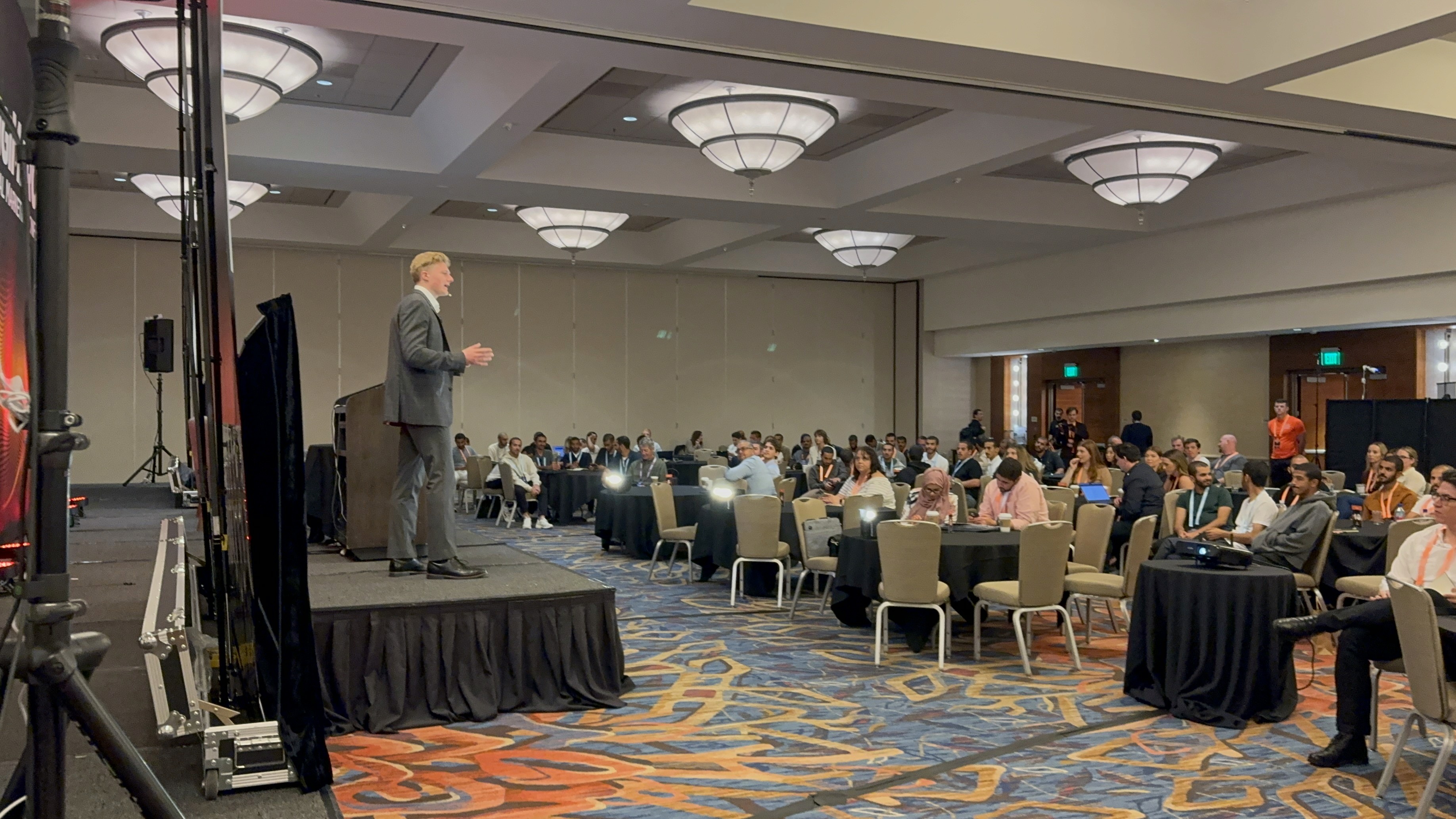Marketing
Organic or Inorganic Marketing: Which Is Right for Your Business?
Sep 5, 2024
When it comes to marketing, one of the biggest questions I hear is, Should I focus on organic or inorganic marketing? The truth is, both have their place, and which one you choose depends on your goals, budget, and timeline. Over the years, I’ve worked with businesses that have thrived with organic marketing, while others have seen massive success with inorganic strategies. In this post, I’ll break down the differences between the two and help you decide which one (or both) might be best for your business.
/ / / / / / / /
What Is Organic Marketing?
Let’s start with organic marketing. Organic marketing refers to strategies that naturally attract your audience without paying for direct advertising. It’s all about creating valuable content, building relationships, and generating traffic over time.
Some examples of organic marketing include:
SEO (Search Engine Optimization): Optimizing your website to rank on Google and other search engines.
Social Media Engagement: Building a following and engaging with your audience on platforms like Instagram, LinkedIn, or Facebook.
Content Marketing: Blogging, podcasts, videos, or any type of content that provides value and attracts people to your business.
Email Marketing: Growing an email list and nurturing those relationships over time.
The beauty of organic marketing is that it feels natural, builds long-term trust with your audience, and often results in sustainable growth. However, it does take time to see results.
What Is Inorganic Marketing?
On the flip side, inorganic marketing (often called paid marketing) involves using paid advertising to promote your brand, products, or services. It’s faster but often requires a budget to see results.
Some examples of inorganic marketing include:
PPC (Pay-Per-Click): Running ads on platforms like Google Ads or Facebook Ads, where you pay for each click or impression.
Display Ads: Banner ads or image ads that appear on websites or social media platforms.
Sponsored Content: Paying influencers or media outlets to feature your content or products.
Inorganic marketing can bring immediate traffic and leads to your business, which is great if you’re looking for quick results. The downside? It’s often more expensive, and the traffic tends to drop off as soon as you stop paying for ads.
Pros and Cons of Organic Marketing
Throughout the evolution of marketing, inorganic and organic have always existed. From my experience, organic marketing is a long-term play. Here are some of the benefits and challenges I’ve noticed when relying on organic strategies:
Pros:
Cost-Effective: It doesn’t require a large budget upfront. It’s more about investing your time, creativity, and effort.
Builds Trust and Authority: By consistently providing valuable content and engaging with your audience, you build trust that leads to loyalty and referrals.
Sustainable: Once your content gains traction, it can continue to generate traffic and leads for months or even years.
Cons:
Takes Time: Organic marketing is not a quick fix. It can take months (or even longer) to see significant results.
Requires Consistency: You need to keep showing up—whether it’s through blog posts, social media, or email campaigns.
Harder to Measure: It can be more challenging to track the direct ROI of organic marketing efforts compared to paid ads.
Pros and Cons of Inorganic Marketing
Inorganic marketing is all about speed and scalability. Here’s what I’ve noticed about the pros and cons of paid strategies:
Pros:
Immediate Results: With the right campaign, you can see traffic and leads rolling in almost instantly.
Targeted Reach: Inorganic marketing allows you to laser-target your ideal audience based on demographics, interests, and behavior.
Scalable: You can scale your ad spend based on what’s working, which can lead to fast growth.
Cons:
Costly: Paid ads can get expensive, especially in competitive industries where the cost per click is high.
Short-Lived: Once you stop paying for ads, the traffic and leads stop coming.
Can Feel Impersonal: Some paid ads, especially if not executed well, can come across as intrusive or overly promotional.
Organic vs. Inorganic: Which Should You Choose?
So, should you go for organic or inorganic marketing? From what I’ve seen, it depends on several factors, including your budget, goals, and how quickly you need results.
Choose Organic Marketing If:
You’re playing the long game and want to build lasting relationships with your audience.
Your budget is tight, but you’re willing to invest time into creating content and building your brand.
You value trust, credibility, and authority as part of your marketing efforts.
Choose Inorganic Marketing If:
You need immediate results—whether it’s to generate leads quickly or boost sales during a specific campaign.
You have a healthy marketing budget that allows for testing and scaling paid ads.
You want to target a specific audience quickly and efficiently.
Use Both Together for Maximum Impact
Personally, I’ve found that the most successful businesses use a mix of both organic and inorganic marketing. Organic marketing lays the foundation for trust and long-term growth, while inorganic marketing helps you accelerate that growth and reach new audiences faster.
Here’s how I like to combine them:
Start with Organic: Focus on building a solid foundation with SEO, content marketing, and social media. This will help you attract a steady stream of traffic and leads over time.
Layer in Inorganic: Once you have some momentum, use paid ads to amplify your message and bring in quick results. This is especially useful for launching new products or running time-sensitive campaigns.
Final Thoughts: Organic or Inorganic Marketing?
In the end, both organic and inorganic marketing are essential tools in your business toolkit. It’s not about choosing one over the other—it’s about using them strategically based on your goals, budget, and timeline.
If you’re in it for the long haul and want to build a strong, trustworthy brand, organic marketing is your best bet. But if you’re looking for immediate growth and have the budget to spend, inorganic marketing can help you scale faster.
The key is finding the right balance that works for your business.
Latest
More Blogs By Danny Leibrandt
Get the latest insights on business, digital marketing, and entrepreneurship from Danny Leibrandt.

